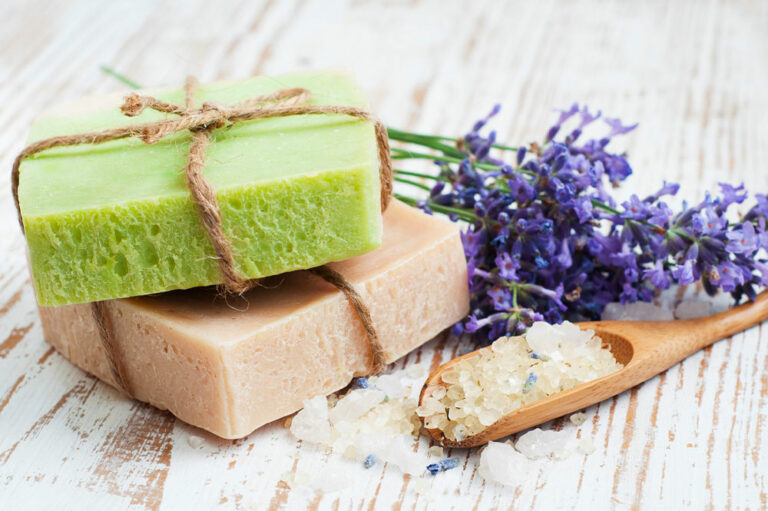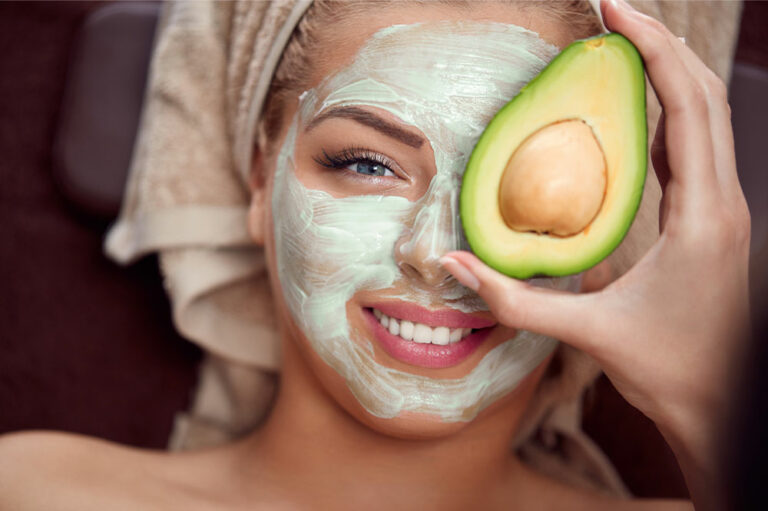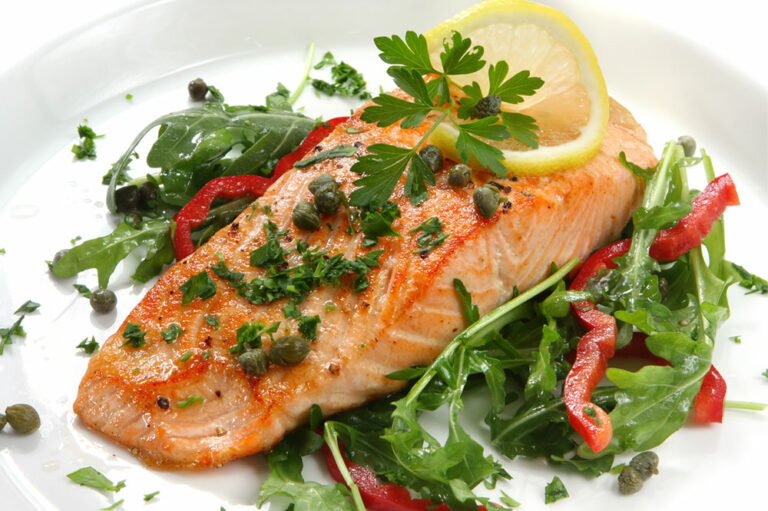
01
7 common early signs of Parkinson’s
The brain controls all actions in the body using an intricate network of nerves connecting everything from head to toe. Parkinson’s is a neurological progressive disease that affects this network and disrupts vital nerve signals controlling body parts and functions. The disease does not have a permanent cure. But its symptoms can be managed with treatment, therapy, and lifestyle changes. One must recognize early signs of Parkinson’s disease to get a prompt diagnosis and treatment. Tremors Stress or physical fatigue can trigger shaky hands. However, a tremor that develops in the thumb, one of the fingers, the hand, or even the chin while resting may be an early sign of Parkinson’s. Tremors can start in the fingers but can turn into severely uncontrolled movements affecting the entire arm as the condition progresses. Poor balance, posture, and gait Changes in one’s walk and pace, like suddenly walking slower, could be another early sign of the disease. Parkinson’s also affects the nerves that control flexibility and balance. If the person takes more time or struggles with maintaining balance, it indicates damage to the basal ganglia nerves. Changes in stance are also noticeable as the disease progresses, with one developing a stooped or hunched-over posture.
Read More 









